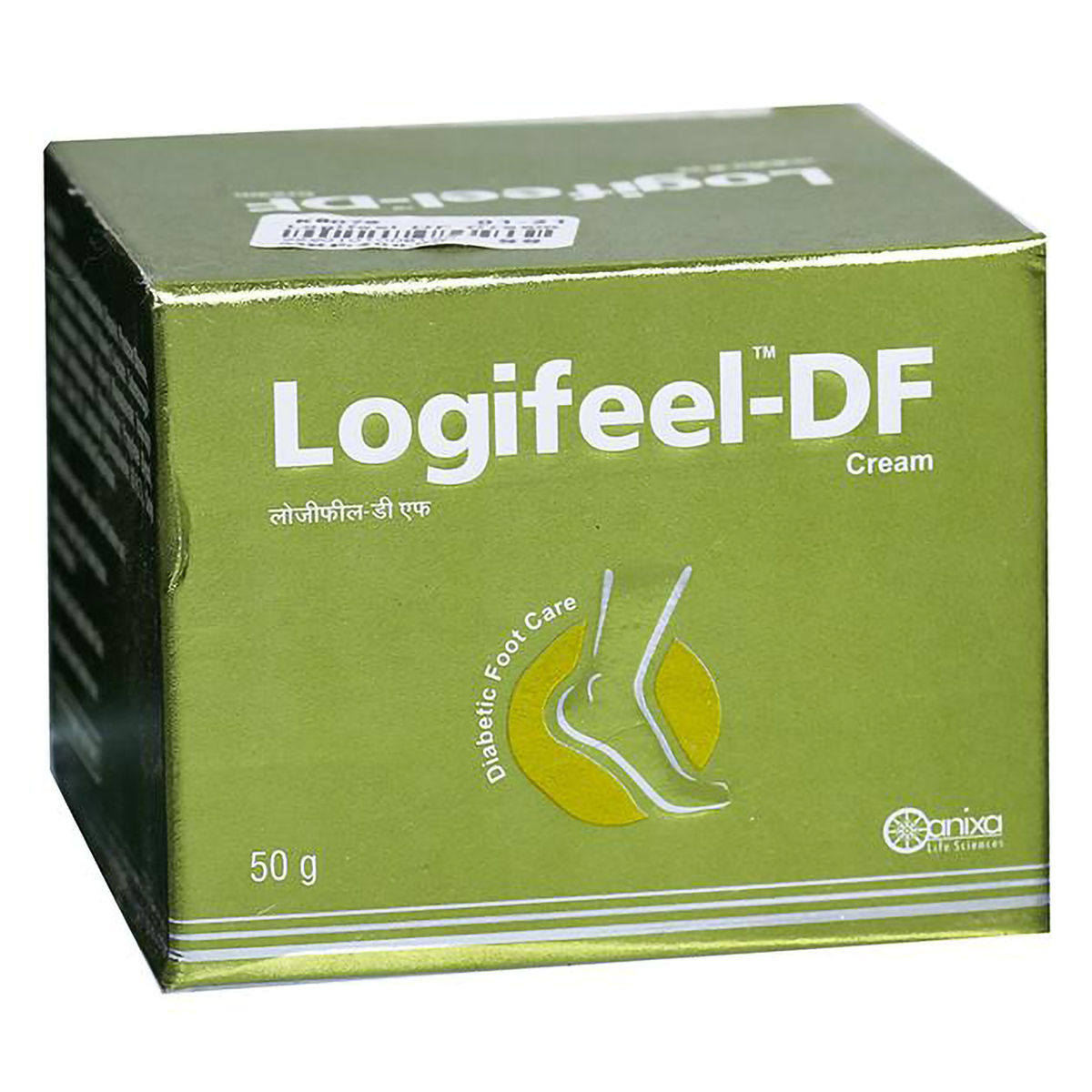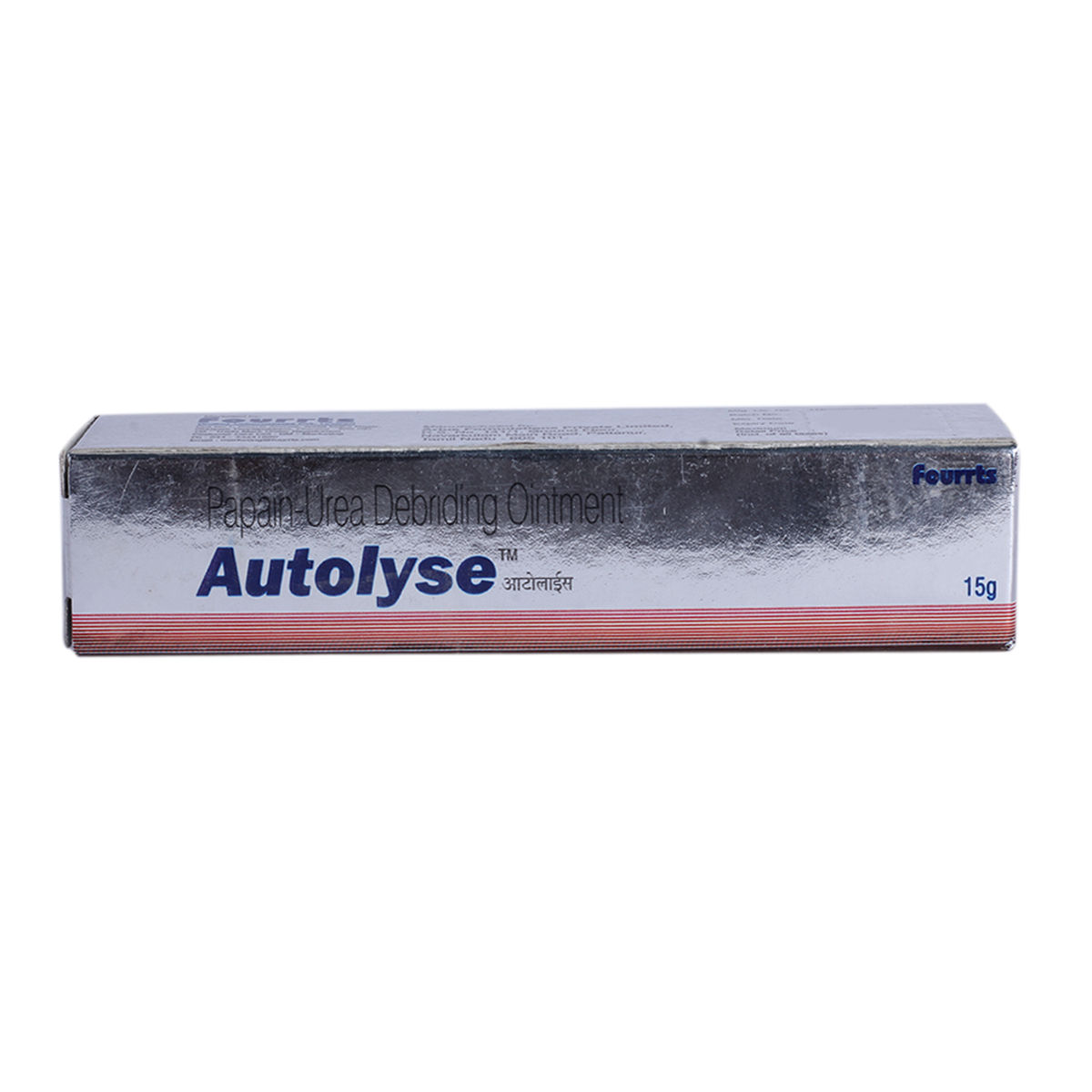Urea
About Urea
Urea belongs to a class of drugs called emollients (skin moisturisers) used to treat excessive dryness of the skin. Dry skin may be caused by loss of water, exposure to dry weather conditions, swimming in a chlorinated pool or certain chemicals.
Urea contains Urea that works by penetrating the top layer of skin where it readily absorbs and retains water. Thus, it increases the skin’s capacity to hold moisture. Thereby, it moisturizes the outermost layer of skin and makes it smoother and softer.
Urea is only for external use. You are advised to use Urea for as long as your doctor has recommended it based on your condition. Some people may experience skin redness, burning sensation or itching. Most of these side effects of Urea do not require medical attention and gradually resolve over time. However, if the side effects persist or worsen, please consult your doctor.
If you are allergic to Urea or any other medicines, please tell your doctor. If you are pregnant or a breastfeeding mother, it is advised to consult a doctor before using Urea. Do not use Urea in more than advised doses or on a large area of skin for a prolonged period as it may cause adverse effects. Avoid smoking or going near naked flames as Urea catches fire and burns easily.
Uses of Urea
Medicinal Benefits
Urea is a skin moisturizer that is used to treat excessive dryness of the skin. Urea works by penetrating the top layer of skin where it readily absorbs and retains water. Thus, it increases the skin’s capacity to hold moisture. Thereby, it moisturizes the outermost layer of skin and makes it smoother and softer. Urea is also used to treat dry and scaly skin conditions. It helps to effectively remove hard and thick skin due to repeated pressure or friction.
Directions for Use
Storage
Side Effects of Urea
- Skin redness
- Burning sensation
- Itching
Drug Warnings
If you are allergic to Urea or any other medicines, please tell your doctor. If you are pregnant or a breastfeeding mother, it is advised to consult a doctor before using Urea. Do not use Urea in more than recommended doses, or on a large area of skin for a prolonged period as it may cause adverse effects. Avoid smoking or going near naked flames as Urea catches fire and burns easily. Do not swallow Urea. In case of accidental swallowing, drink plenty of water or milk. Avoid using Urea if you notice changes in the feel or colour of the cream/lotion.
Drug Interactions
Drug-Drug Interaction: Urea may interact with drugs used to treat keratosis (fluorouracil), anti-psoriatic agent (dithranol) and topical corticosteroids.
Drug-Food Interaction: No interactions found.
Drug-Disease Interaction: If you have a kidney problem, consult your doctor before using Urea.
Drug-Drug Interactions Checker List:
Safety Advice

Alcohol
cautionInteraction of alcohol with Urea is unknown. Please consult a doctor before consuming alcohol while using Urea.

Pregnancy
cautionIf you are pregnant, please consult a doctor before using Urea.

Breast Feeding
cautionUrea should be cleaned from the breast area before breastfeeding. However, please consult a doctor before using Urea if you are a breastfeeding mother.

Driving
safeUrea usually does not affect your ability to drive or operate machinery.

Liver
cautionIf you have any concerns regarding use of Urea in patients with liver problems, please consult a doctor.

Kidney
cautionYou are advised to consult a doctor before using Urea if you have any kidney problem.

Children
cautionPlease consult a child specialist before using Urea in children.
Habit Forming
Diet & Lifestyle Advise
Drink plenty of water as dry skin may occur due to loss of water.
Avoid hot showers or hot water to bathe to prevent the worsening of dry skin.
Apply a suitable moisturizer immediately after taking a bath or shower when the skin is still damp.
Patients Concern
Disease/Condition Glossary
Dry skin: It is a condition associated with itching, cracking and scaling of the skin that may be caused due to various reasons such as loss of water, exposure to dry weather conditions, hot water, swimming in a chlorinated pool or certain chemicals that make skin dry. It commonly affects arms, hands and legs. Dry skin can be treated usually by changing lifestyle and using moisturisers. Even then, if the condition persists, consult a skin specialist.
FAQs
Urea belongs to a class of drugs called emollients (skin moisturisers) used to treat excessive dryness of the skin.
Urea contains Urea that works by penetrating the top layer of skin where it readily absorbs and retains water. Thus, it increases the skin's capacity to hold moisture. Thereby moisturising the outermost layer of skin and making it smoother and softer.
Urea may cause skin irritation if used too much. Therefore, it is advised to use Urea in doses as recommended by a doctor. However, if the irritation persists or worsens, please consult a doctor.
Urea is flammable (catches fire and burns easily). Therefore, avoid smoking or going near naked flames after applying Urea and avoid using Urea near open flame or high heat.
You are not recommended to use Urea on broken or moist skin.
You are recommended to use Urea for as long as your doctor has advised it. However, if the symptoms worsen or persist after 7 days of using Urea, please consult a doctor.
The most common side effects for the Urea include skin redness, burning sensation, and itching.
Yes. Urea effectively treats skin dryness when you use it by an advised doctor.
Urea should be stored in a cool,and dry place away from sunlight. Keep Urea out of the sight and reach of children.










